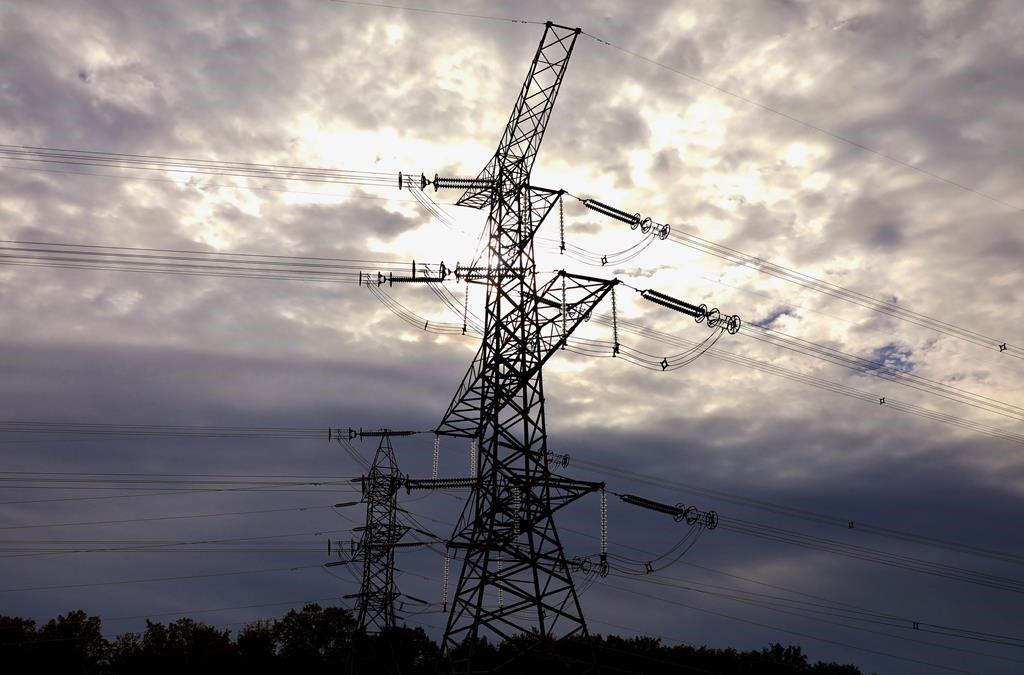Alberta’s power system watchdog, the Market Surveillance Administrator (MSA), analyzed two near-disastrous electricity shortages faced by Albertans in January and April of this year.
The January emergency alert event happened during a cold snap and resulted in calls for everyone in the province to sharply reduce power usage to avoid blackouts.
The April event, which was related to a whole series of power generation glitches, did result in some rolling blackouts.
In its report released this week the MSA made seven recommendations to avoid future failures. But the report doesn’t address the big issue —Alberta’s complex private power system is a mess, ill-suited to providing stable power in a fast-growing economy and increasingly diverse power-generation environment.
The MSA report suggests tweaks addressing some obvious flaws without addressing the underlying structural dysfunction. But even those tweaks suggest that Alberta has been lucky to avoid a catastrophic power failure.
The MSA suggests power generators make their commitments to supply the electrical grid a day ahead rather than an hour ahead of delivering the power. Forecasting needs to be improved on how much power solar and wind generation will supply, it recommends.
Companies should have to justify their power plant downtime in more detail, says the MSA and those reasons should be routinely audited. And companies should be required to keep a generator online if a supply shortage is imminent.
The province has enacted some changes already that appear in the report, including the Supply Cushion Regulation that requires natural gas plants to stay online in times of high demand. The MSA report shows that the requirement would have prevented the April blackouts if it had been in place at the time.
The day, rather than hour, ahead electricity sale system will be implemented, according to the government.
In March Nathan Neudorf, Minister of Affordability and Utilities, admitted there are problems requiring urgent attention.
“Our government is committed to Alberta’s unique and investor-driven energy-only market. However, the market’s rules were designed 25 years ago, and some are no longer optimal for the system today,” he said in a press release as the government announced more restructuring of the system.
“Unique and investor-driven” certainly does describe Alberta’s system.
With no overall public utility, Albertans are hostage to a sprawling network of private-sector power generators and retailers. Electricity prices are among the highest in the country. Bills are nearly indecipherable in their complexity.
Recent changes allow Albertans to switch companies and billing plans more easily, but that means the average customer has to keep a sharp eye on the electricity market month to month.
Regulations and rules (because despite calling itself de-regulated, the system has plenty of regulations) are, as Neudorf admitted, out-of-date.
Most of the regulations were designed to deal with massive coal-generation facilities. But with the development of more nimble natural gas units and a welter of green-generation options, the ecology of power in the province has changed.
When the red alert came in January, Premier Danielle Smith tried to lay a major part of the blame on the inability of wind power to make up the power deficit. The MSA report mentions forecasting issues regarding wind, but the root cause was pretty clearly a deficit in natural gas power generation due to various plant shutdowns and outages.
There is also the looming issue of electrical grid decarbonization, not anticipated by the province’s current regime and being fought tooth and nail by Smith.
Smith argues that the province can’t possibly meet Ottawa’s requirement to decarbonize]by 2035. She actively hobbled the renewable energy sector with a six-month moratorium on new projects.
Alberta’s power system is overly complicated, out of date, too dependent on private players and too inflexible to respond to today’s climate emergency. Layering on more rules and tweaking regulations won’t fix a structure which doesn’t serve the public interest.






